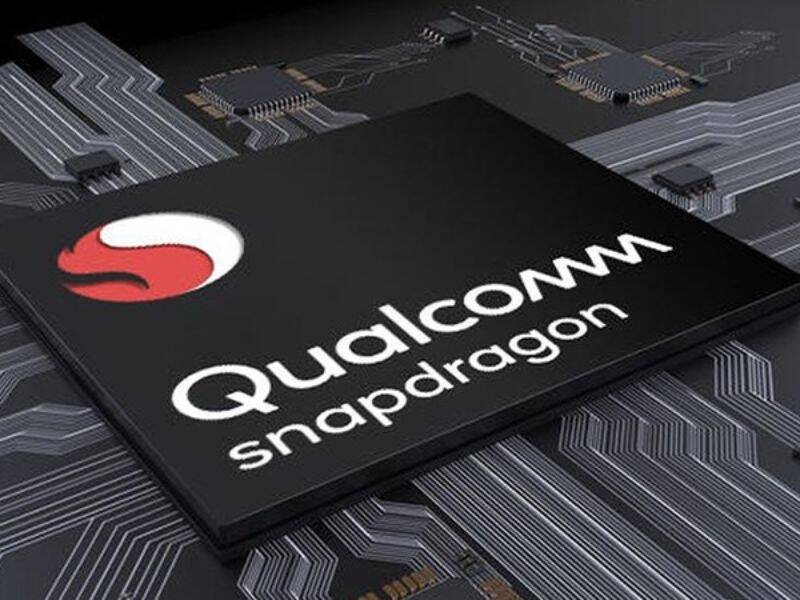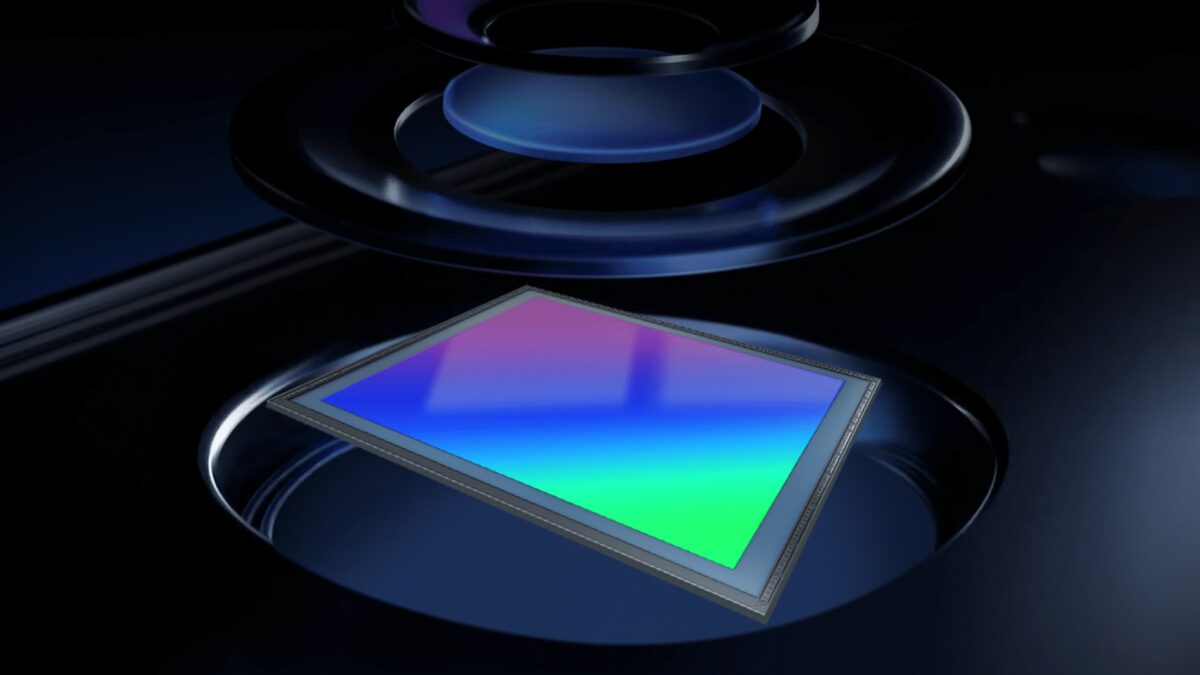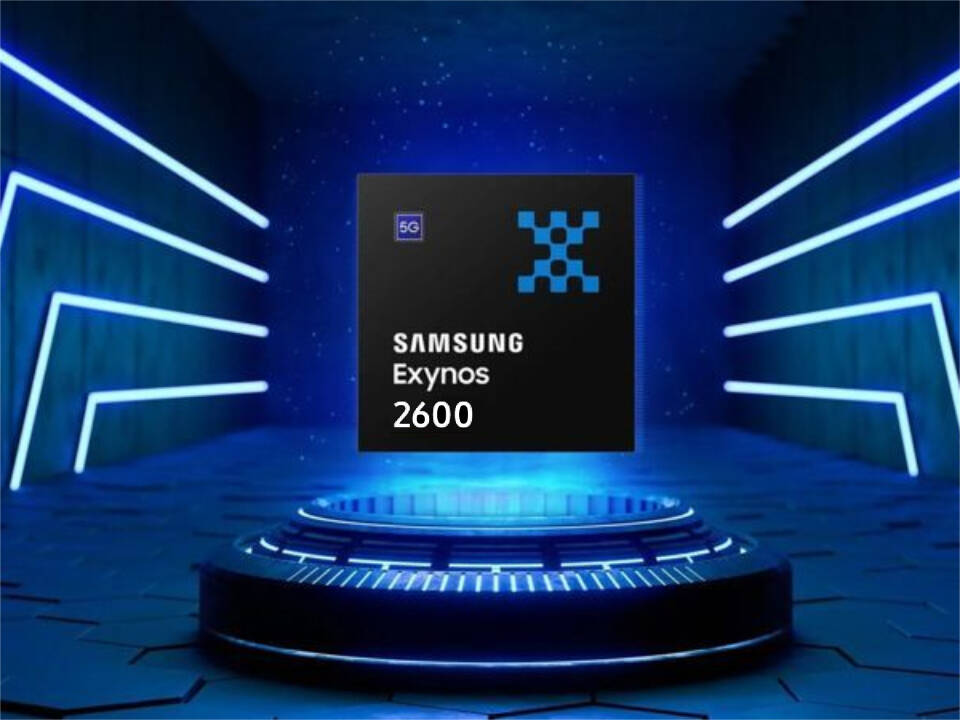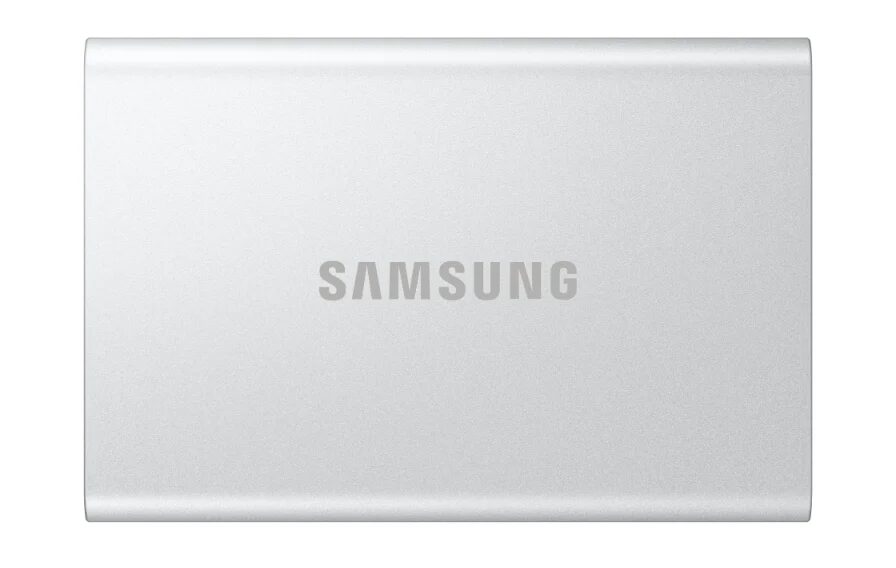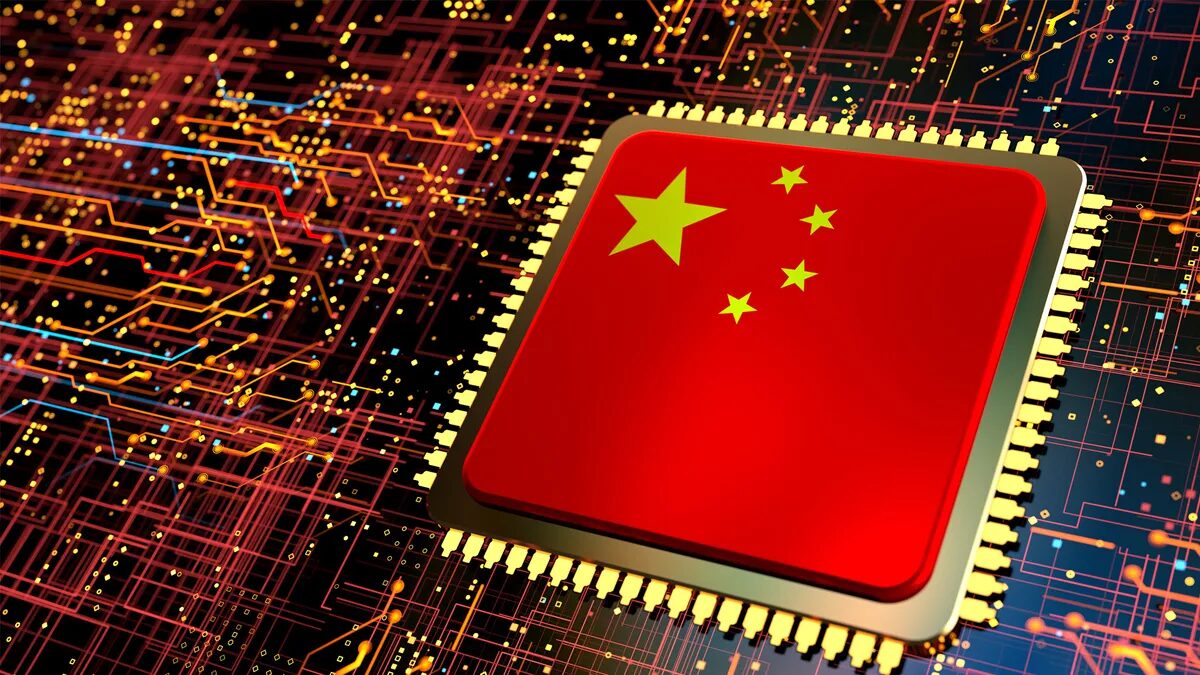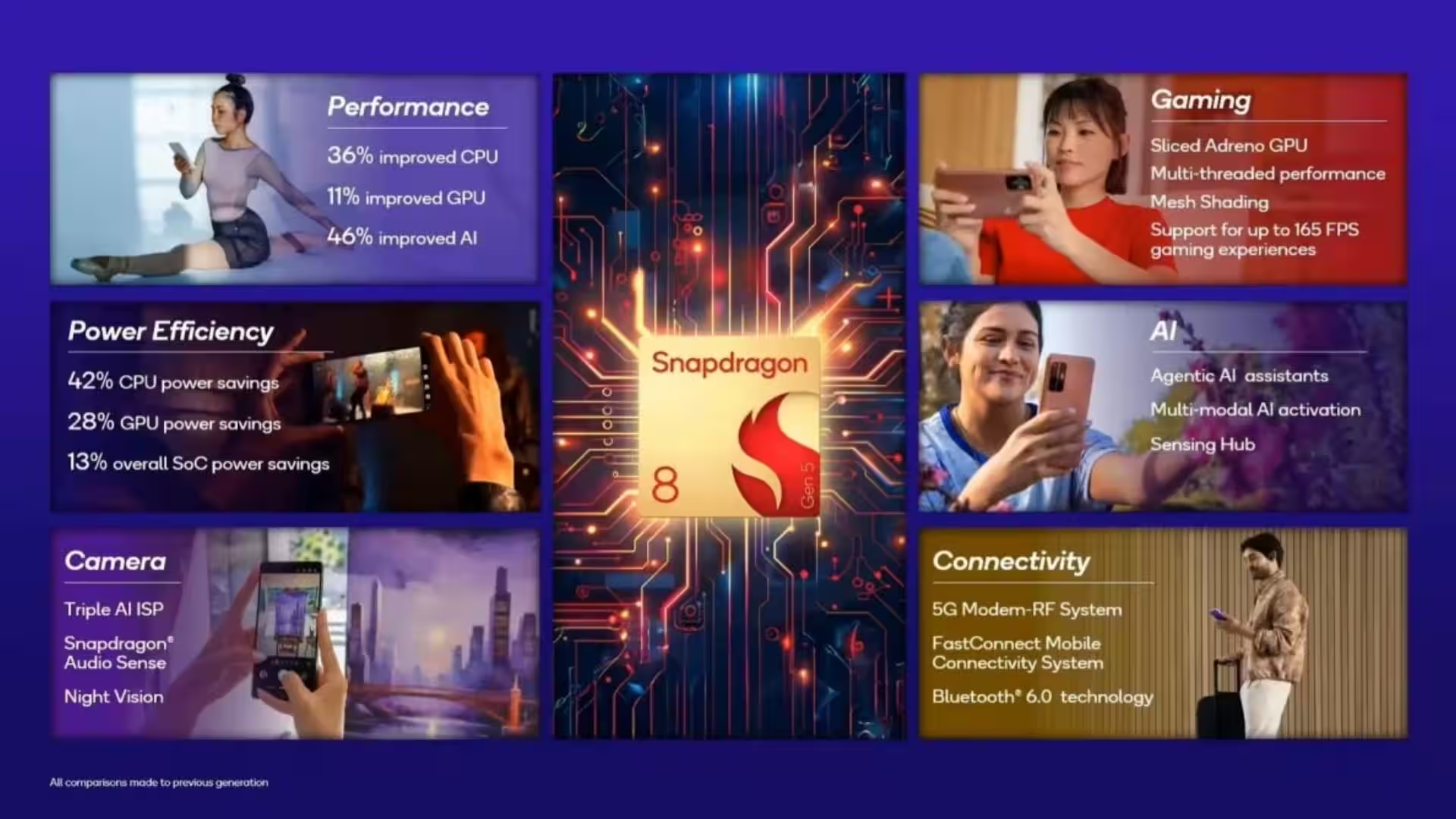Apple A19 Pro loses to Exynos 2600 and Snapdragon 8 Elite 5 in multi-core tests
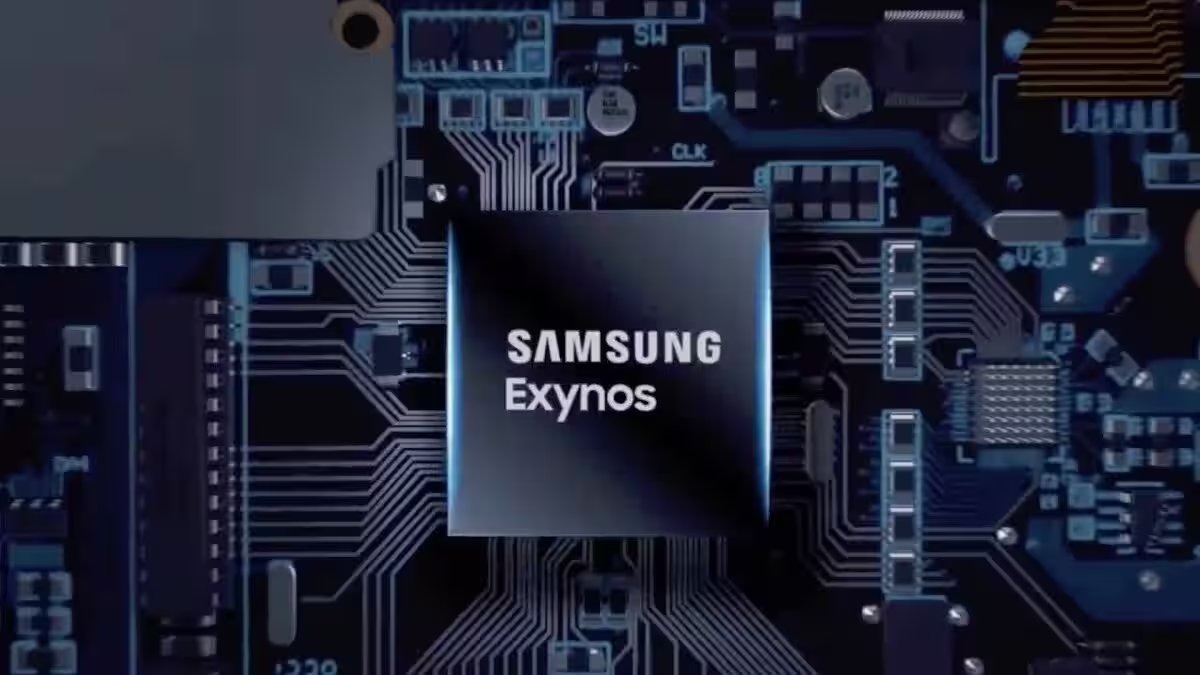
The Apple A19 Pro processor in the iPhone Air, iPhone 17 Pro, and iPhone 17 Pro Max showed impressive but mixed results in synthetic tests. In single-core performance, it remained the leader, but in multi-core workloads it fell behind competitors — Samsung Exynos 2600 and Snapdragon 8 Elite 5.
A19 Pro: power gains with a focus on efficiency
TheA19 Pro is based on TSMC’s third-generation 3nm process technology (N3P). It features six cores — two performance cores and four power-efficient cores. Compared to last year’s A18 Pro, the increase is about 13%.
Geekbench 6 recorded the A19 Pro 3895 points in the single-core test and 9746 — in the multi-core. Thus, Apple’s processor maintained its lead in single-core performance, but lost out to competitors in multi-core scenarios.
Exynos 2600: the first 2nm chip in a smartphone
Samsung Exynos 2600 is manufactured at Samsung Foundry fabs using 2nm Gate-All-Around (GAA) process technology. This technology involves completely «wrapping» the gate around the channel, which reduces current leakage and improves power efficiency. The result is smaller and more powerful chips.
TheExynos 2600 outperformed the A19 Pro in multi-core performance by 15.5%, but lagged behind in the single-core test by 15%, according to tests. It is expected to be used in the Galaxy S26 Pro and Galaxy S26 Edge in all regions except the US, Canada and China. In those markets, the smartphones will be powered by Snapdragon 8 Elite 5.
It’s worth noting that Samsung has been using GAA transistors since the 3nm generation, while TSMC will only adopt the technology with the release of its 2nm process later in 2025.
Snapdragon 8 Elite 5: overclocking vs. efficiency
Snapdragon 8 Elite 5, tested on the Galaxy S26 Edge even in a «stripped-down» 4.0GHz version instead of the standard 4.74GHz, scored 11,515 points in Geekbench’s multi-core test. This is 18.2% higher than the A19 Pro. In terms of single-core performance, Qualcomm’s processor was behind Apple’s chip by 12.9%.
Do benchmarks affect sales?
Despite the difference in Geekbench benchmarks, analysts are confident: it’s unlikely to affect actual customer choice. Smartphones with the A19 Pro — iPhone Air, iPhone 17 Pro and iPhone 17 Pro Max — will compete in the market with the Galaxy S26 Pro, S26 Edge and S26 Ultra not only with processor power, but also with design, ecosystem and user experience.
As practice shows, buying decisions are rarely made based on «dry» benchmarks alone. For most users, convenience, camera, and brand are more important than the numbers in the benchmarks.

